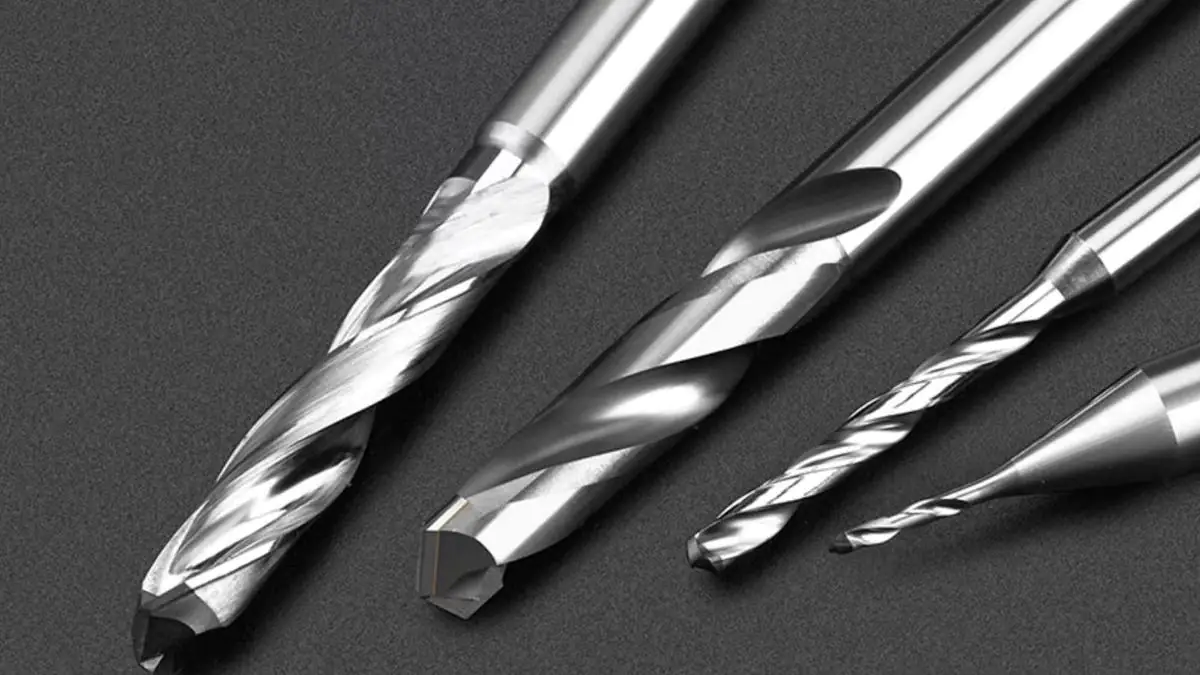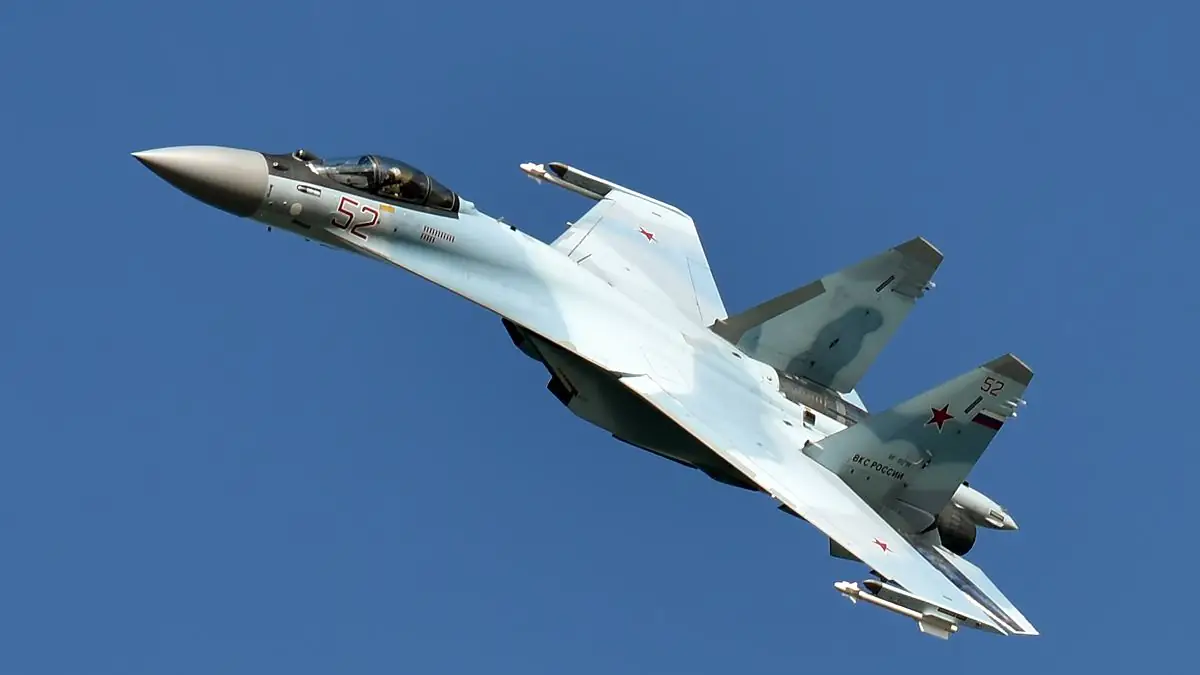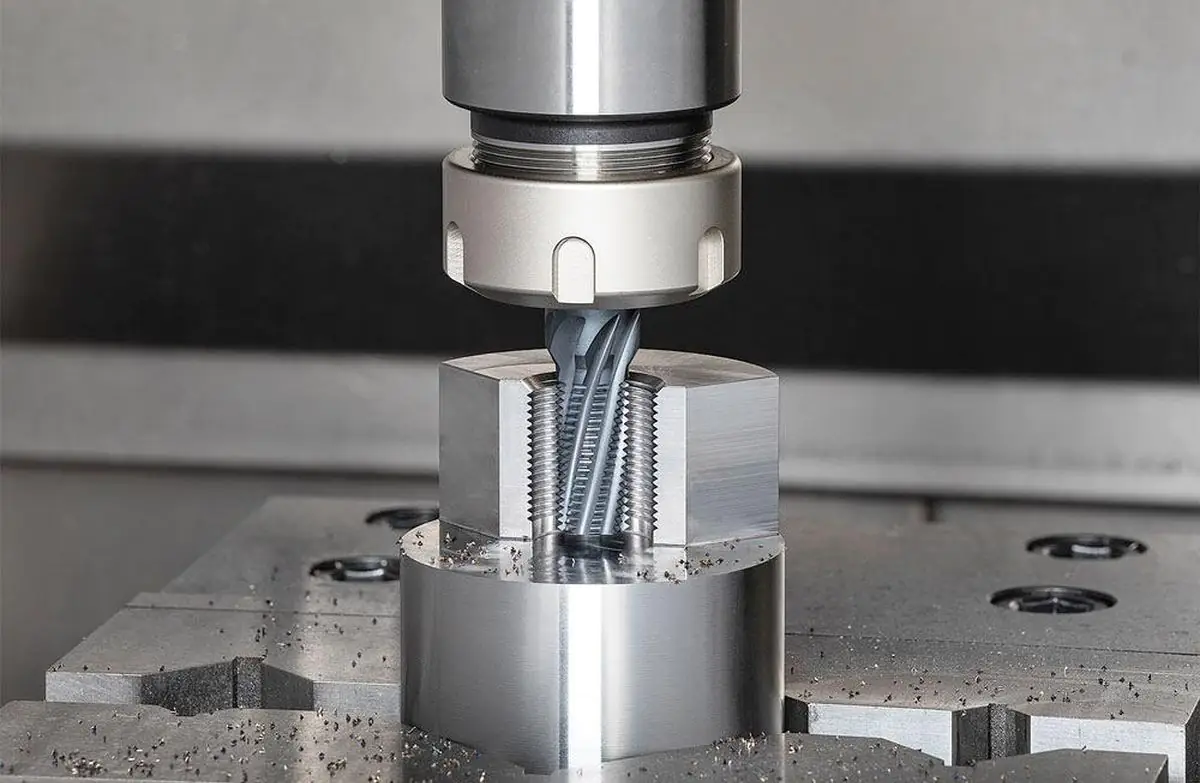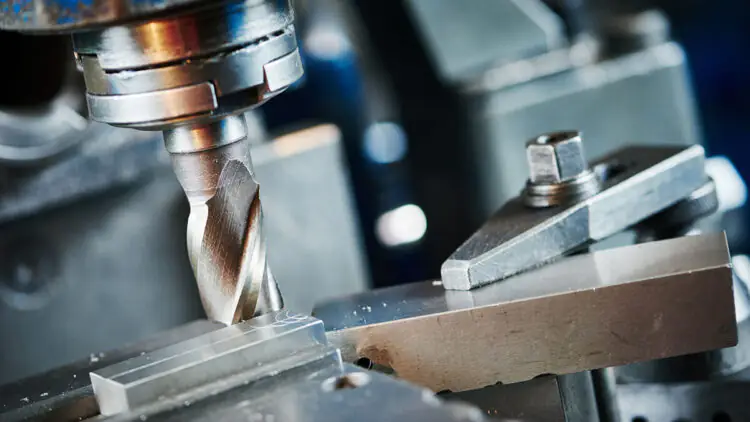Despite international sanctions and Israel’s declared neutrality, companies in the Russian defense sector continue to receive metalworking tools produced by Israeli manufacturers. These tools are used in weapons production. According to customs data, last year alone, Russia imported high-precision cutting tools from Israeli companies worth over $10 million. Typically, the aggressor state uses intermediaries in third countries – such as China and Uzbekistan – for these transactions.
The equipment supplied by Israeli firms includes drills, milling tools, and precision instruments made of cermets and superhard alloys. Russian defense companies use them to manufacture missiles, aircraft, and radar systems.

According to the investigation, the largest supplier is the well-known Israeli manufacturer ISCAR. This company is part of the International Metalworking Companies (IMC) group, headquartered in the United States. ISCAR tools are compatible with modern CNC machines and are critically important for high-precision manufacturing. Last year, Russia imported ISCAR products worth over $4 million, although official data suggests that most of ISCAR’s Russian subsidiaries are either inactive or not generating revenue.
Russian companies most frequently received ISCAR tools through little-known Chinese intermediaries and a single firm in Uzbekistan. In the past, this equipment has been used by Russian defense enterprises such as NPO “Bazalt”, the Beriev Aircraft Company, and the Sokol Aircraft Plant.

Another Israeli brand, Vargus, which is part of the German conglomerate NEUMO Ehrenberg Group, supplied Russia with approximately $3 million worth of tools last year. These were used by key defense contractors, including PJSC “ODK-Kuznetsov,” “Proton-PM,” and JSC “Sukhoi Company,” which assembles Su-35 fighter jets exported to Iran. Vargus tools were also delivered to the “70th Anniversary of Victory” Nizhny Novgorod Plant, where final assembly of the S-400 and S-500 air defense systems takes place.

Company representatives claim they have limited oversight of distribution chains. “Our tools are sold worldwide through thousands of dealers,” said Baruch Buks, Vice President of Sales and Marketing at Vargus. “We don’t always know where they end up.”
Another company, Carmex Precision Tools Ltd, supplied Russia with about $2 million worth of cutting tools last year. Their main buyer was Standard Tools LLC, which more than tripled its revenue in the two years following the full-scale invasion. Previous clients of Carmex included the Fakel Design Bureau and the Energia Rocket and Space Corporation. Customs documents recorded direct shipments from Carmex to Russia.
And these are not the only Israeli firms. For example, the company EROJET exported cutting tools worth nearly $0.5 million, mainly through a Russian company linked to helicopter manufacturing. According to the company’s CEO, Shagiv Shafir, these tools “can be used for various purposes, not necessarily military,” and the company does not track end users.

About half of the Israeli tools imported into Russia last year came directly from Israel. The rest were supplied through intermediaries in China and Uzbekistan. These intermediaries played a key role in circumventing controls, allowing Russian defense manufacturers to continue accessing Western-made tools. Despite denials by company representatives, the investigation concludes that there are gaps in the supply chains, which allow sanctioned industries to maintain access to critical technologies via third countries.
Source: united24media









